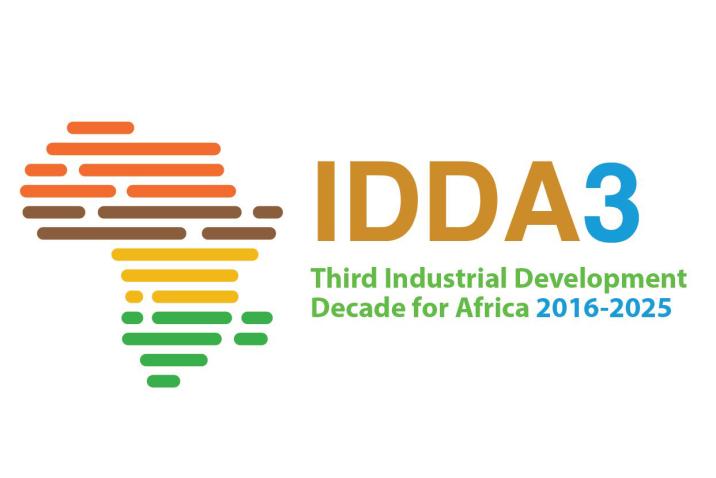Industrialization for Development
Industrial development is of critical importance for sustained and inclusive economic growth in African countries. Industry can enhance productivity, increase the capabilities of the workforce, and generate employment, by introducing new equipment and new techniques. Industrialization, with strong linkages to domestic economies, will help African countries achieve high growth rates, diversify their economies and reduce their exposure to external shocks. This will substantially contribute to poverty eradication through employment and wealth creation.
In July 1989, the Organization of African Unity (O.A.U.) conducted its 25th Ordinary Session of the Assembly of Heads of State and Government in Addis Ababa, Ethiopia. Africa Industrialization Day was announced on November 20 during this session. Within the framework of the Second Industrial Development Decade for Africa (1991-2000), the United Nations General Assembly, in December 1989, proclaimed 20 November “Africa Industrialization Day” (A/RES/44/237). Since then, the United Nations System has held events on that day throughout the world to raise awareness about the importance of Africa’s industrialization and the challenges faced by the continent.
Africa Industrialization Week 2024
Since 2018, Africa Industrialization Day has been commemorated with weeklong events. In 2024, it is set to take place in Kampala, Uganda, from the 25th to the 29th of November 2024, under the theme “Leveraging Artificial Intelligence (AI) and Green Industrialization to Accelerate Africa's Structural Transformation”.
The theme focuses on harnessing emerging technologies like AI and innovations in green manufacturing to accelerate Africa's industrialization in a sustainable manner. The event aims to build stronger policy advocacy; harness the power of AI in reviving Africa's industrial sectors; improve efficiency; boost productivity; and foster innovation in Africa's industrialization agenda.
Agenda 2063:
AGENDA 2063  , adopted in January 2015 by the Heads of States and Governments of the African Union in Addis Ababa, is Africa’s blueprint and master plan for transforming Africa into the global powerhouse of the future.
, adopted in January 2015 by the Heads of States and Governments of the African Union in Addis Ababa, is Africa’s blueprint and master plan for transforming Africa into the global powerhouse of the future.
Based on 7 aspirations and 20 priorities  , it is the continent’s strategic framework that aims to deliver on its goal for inclusive and sustainable development and is a concrete manifestation of the pan-African drive for unity, self-determination, freedom, progress and collective prosperity pursued under Pan-Africanism and African Renaissance.
, it is the continent’s strategic framework that aims to deliver on its goal for inclusive and sustainable development and is a concrete manifestation of the pan-African drive for unity, self-determination, freedom, progress and collective prosperity pursued under Pan-Africanism and African Renaissance.
The need to envision a long-term 50-year development trajectory for Africa is important as Africa needs to revise and adapt its development agenda due to ongoing structural transformations to ensure inclusive growth, sustainable development, political unity, and respect for democracy and human rights.
Agenda 2063 and the SDGs are intertwined as the two programmes aims at a more sustainable common future on a healthy planet.
Publications
UNCTAD
- Economic Development in Africa Report 2023

- Implications of the African Continental Free Trade Area for Trade and Biodiversity: Policy and Regulatory Recommendations
 (July 2021)
(July 2021)
UN Economic Commission for Africa
- 2023 Africa Sustainable Development Report

- Promoting inclusive industrialization and the development of micro, small and medium-sized enterprises through a tailored financing model

UNIDO
- Annual Report 2023

- Industrial Development Report 2024
- South-South and Triangular Industrial Cooperation
World Bank
- Why industrialization should be a greater part of the Compact with Africa agenda

- Industrialization in Sub-Saharan Africa: Seizing Opportunities in Global Value Chains

- Africa’s Pulse

Additional links
- Sustainable Development Goal 9 - Industries, innovation and infrastructure
- Office of the Special Adviser to the UN Secretary-General on Africa (OSAA)
- Africa Renewal Magazine
- African Union





